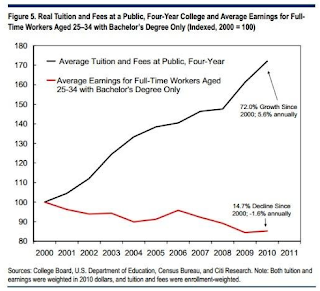FIRST LOOK: FDIC’S HOENIG SAYS PUBLIC REMAINS AT RISK — FDIC Director Tom Hoenig will deliver a broad policy speech this morning at the AICPA-SIFMA conference in NYC. Hoenig’s speech “says that the public remains at risk of having to pick up the pieces when the next financial setback occurs. The safety net continues to expand to cover activities and enterprises it was not intended to protect, resulting in subsidized risk taking by the largest financial firms and fueling their leverage. At the same time, the tolerance for leverage remains essentially unchanged, leaving us in a situation that is little different than before the recent crisis. ...
“We can be confident that as time passes, this leverage again will be a problem and the public again will be left holding the bag. … Hoenig offers three recommendations to change this outcome by changing the framework and related incentives. They are: Changing the structure of the industry to ensure that the coverage of the safety net is narrowed to where it is needed … Simplifying and strengthening capital standards … Reestablishing a more rigorous examination program for the largest banks and bank holding companies to best understand the risk profile of both individual firms and financial markets.”
Essentially none of the problems that led to the 2008 banking crisis have been resolved.



.png)



